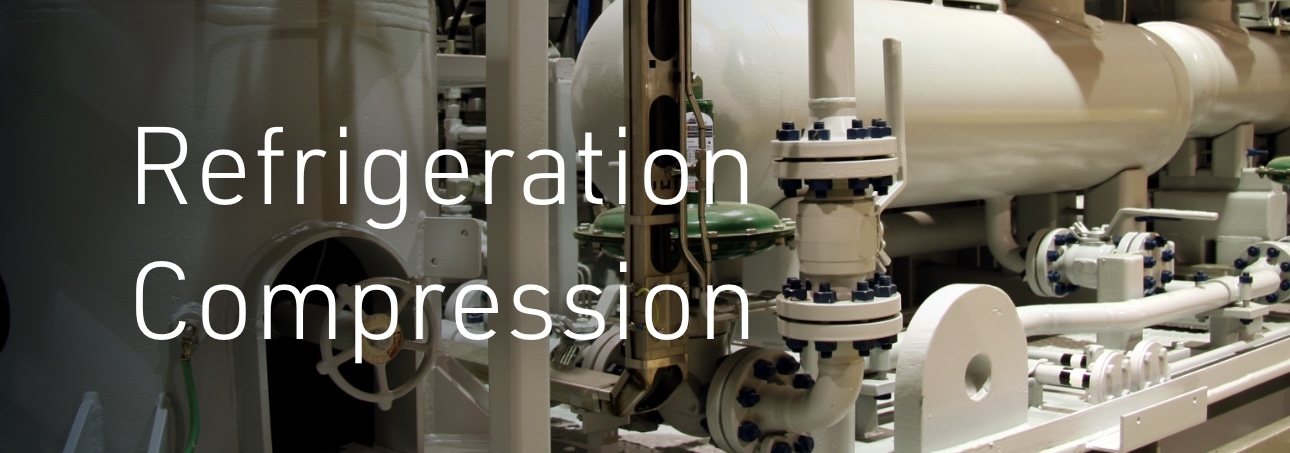- You have no items in your shopping cart
- Continue Shopping

In refrigeration compression systems, mechanical seals play a critical role in maintaining the efficiency and reliability of compressors, which are the heart of refrigeration systems. Here’s how mechanical seals are utilized in refrigeration compression applications:
Preventing Refrigerant Leakage: Mechanical seals are installed on the shafts of refrigeration compressors to prevent leakage of refrigerants, which are essential for the cooling process. These seals create a barrier between the high-pressure refrigerant gas inside the compressor and the external environment, ensuring that the refrigerant remains contained within the system.
Maintaining System Efficiency: Refrigeration compression systems operate under high pressures and temperatures, making it essential to maintain tight seals to prevent energy losses and maintain system efficiency. Mechanical seals are designed to withstand the demanding conditions present in refrigeration compressors, ensuring reliable performance and minimizing energy consumption.
Ensuring Product Integrity: In commercial and industrial refrigeration applications, maintaining product integrity is critical. Mechanical seals prevent refrigerant leakage, which could lead to system malfunctions or failures, resulting in temperature fluctuations and potential damage to perishable goods.
Minimizing Environmental Impact: Refrigerants used in compression systems can be potent greenhouse gases if released into the atmosphere. Mechanical seals help prevent refrigerant leaks, reducing the environmental impact of refrigeration systems by minimizing emissions and promoting sustainability.
Handling Various Refrigerants: Refrigeration compression systems may use different types of refrigerants, each with unique chemical properties and operating characteristics. Mechanical seals are designed to be compatible with a wide range of refrigerants, including traditional hydrochlorofluorocarbons (HCFCs), hydrofluorocarbons (HFCs), and environmentally friendly alternatives such as hydrocarbons and natural refrigerants.
Resisting Corrosion and Wear: Refrigerants can be corrosive, and compressor operation can lead to wear on sealing surfaces over time. Mechanical seals used in refrigeration compression applications are constructed from materials that resist corrosion and wear, such as stainless steel, carbon, ceramics, and synthetic polymers, ensuring long-term reliability and performance.
Ensuring Safety: Leakage of refrigerants can pose safety hazards to personnel and the surrounding environment due to their flammability, toxicity, or asphyxiation potential. Mechanical seals help maintain a safe working environment by preventing refrigerant leaks and reducing the risk of accidents or exposure to hazardous substances.
In summary, mechanical seals are essential components in refrigeration compression systems, providing reliable sealing solutions that ensure system efficiency, product integrity, environmental sustainability, and safety. By preventing refrigerant leakage and promoting efficient operation, mechanical seals contribute to the effective functioning of refrigeration systems across various applications, including commercial refrigeration, industrial cooling, and air conditioning.

